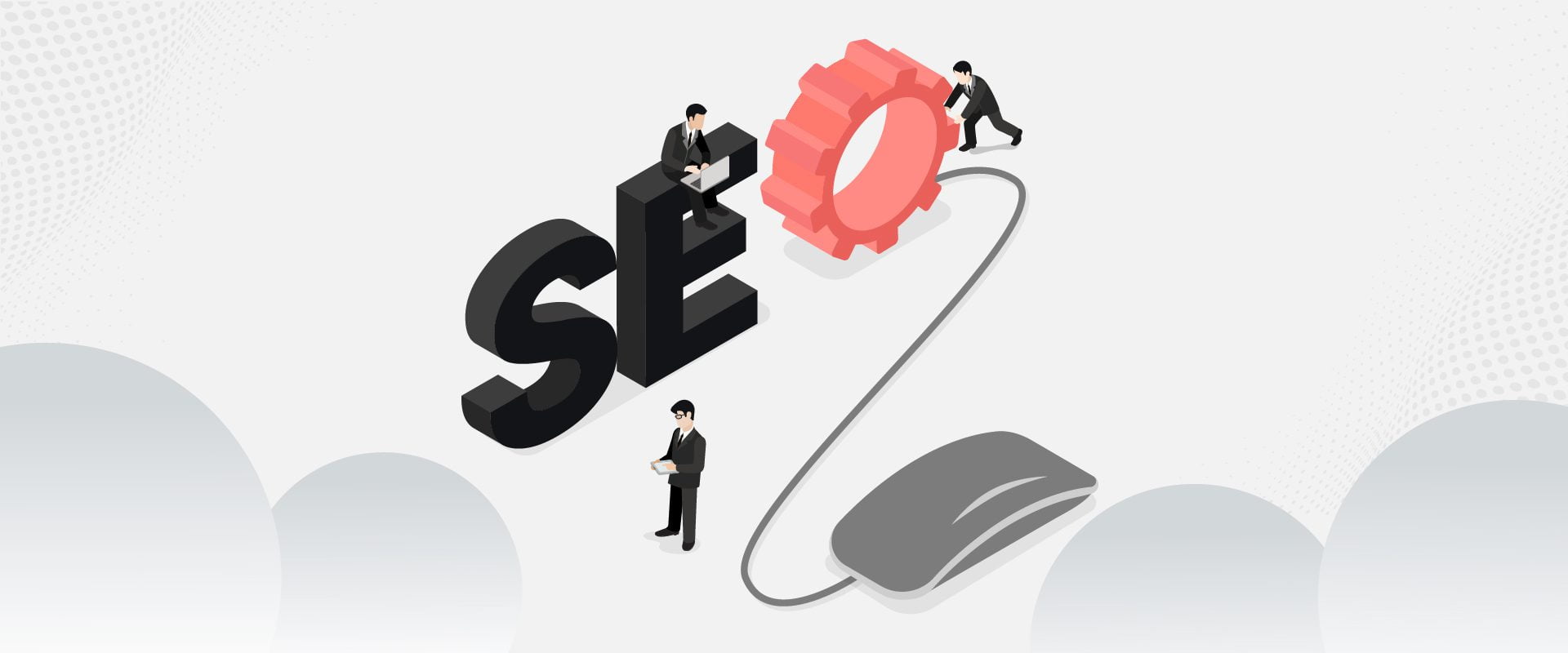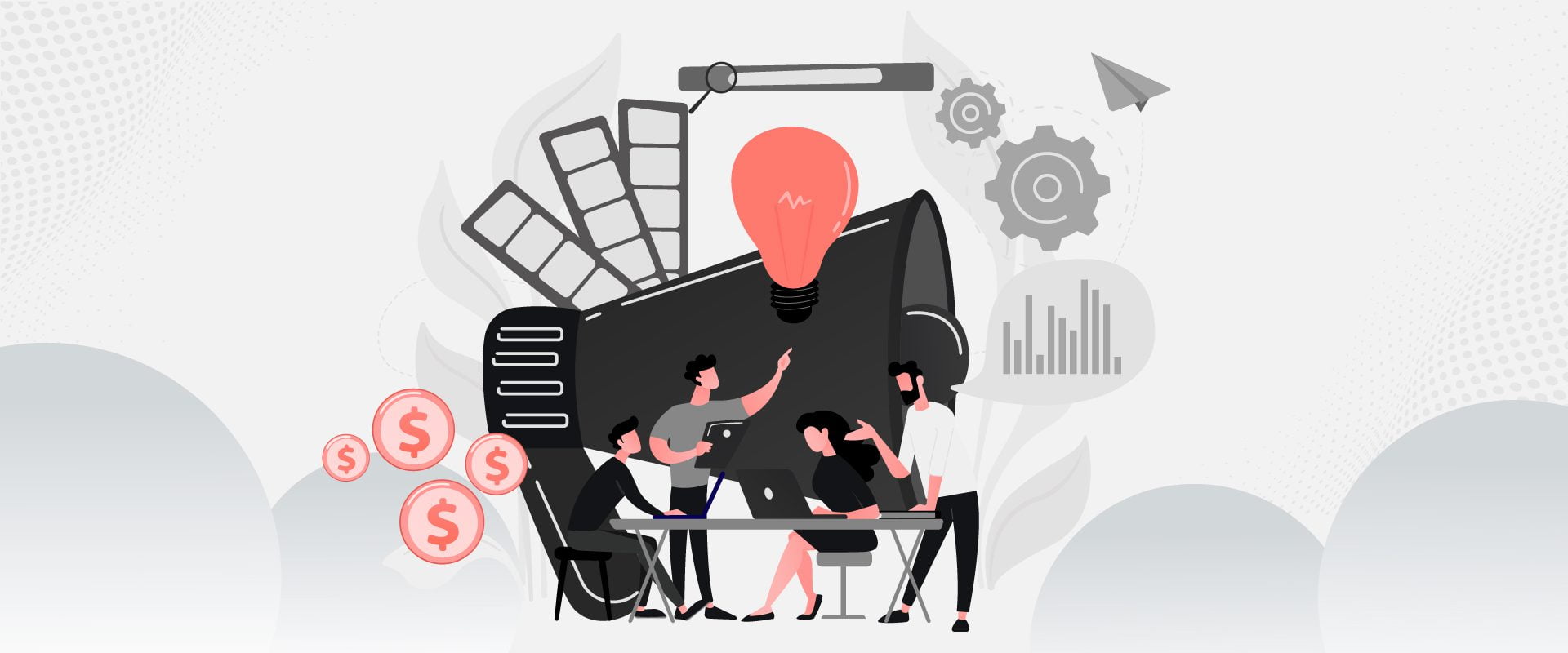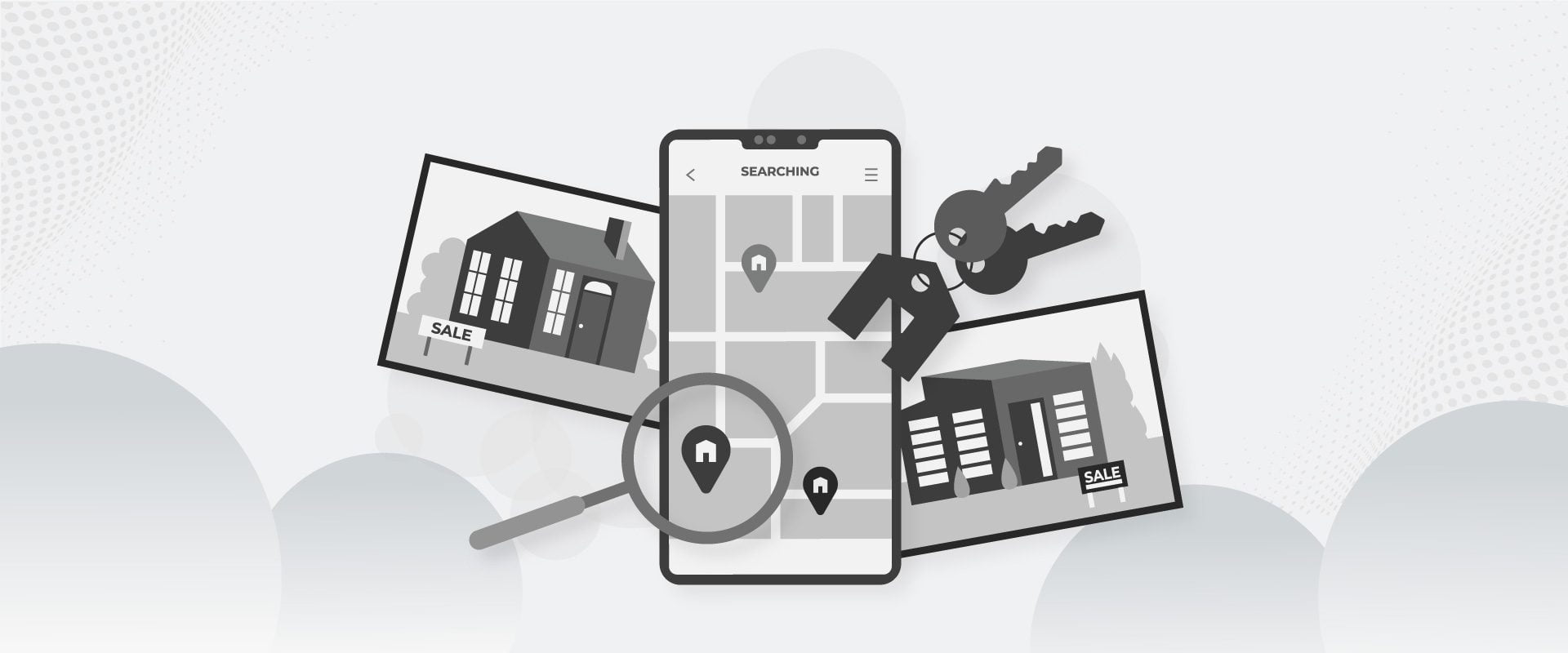
Is SEO Better than PPC in The Long Term?
E-commerce businesses own a lion’s share of the global economy at present. No matter how large your brand is, if your brand does not have a strong online presence, it is likely to lose its popularity over time. This is how every business works in this era. There are several reasons behind this situation. The most important one is the feasibility of online markets offered to people in this busy world. It is easier to order online from a broad range of options than to plan and go to a physical store to buy the same thing. Online markets offer a wide range of products within your reach while physical stores can offer only limited collections of products. Another important factor that contributed greatly to this situation is the COVID-19 pandemic. The importance of digital marketing after COVID-19 has been enhanced profoundly. Due to the worldwide lockdown, everyone had to order everything online and many people got used to the feasibility of it. Even after the pandemic situation, people are opting to shop online rather than going to physical stores. So, the bottom line is that your business needs a strong digital presence to sustain its success for the long term. A strong digital presence builds your brand value and trust among your customers like nothing else.
So, how can you build your online presence a stronger one? Well, digital marketing channels come to the rescue. Among several digital marketing channels, SEO and PPC are the most common ones.
There is this common debate about which one is better: SEO or PPC. If as a small/medium business owner, you are struggling to choose which marketing channel to opt for within your budget, this article is for you. Before we discuss the SEO vs PPC issue, let’s walk through the pros and cons of each marketing channel in the case of advertising your business.
What is SEO?
Search engine optimization (SEO) is the process of enhancing your web presence by optimizing search engine algorithms. Through SEO, your website can rank on top of the search engine result pages (SERPs) and gain more organic traffic which consequently will increase your sales. SEO companies can help you achieve this target.
According to the statistics, 89% of online purchases start with a Google search. When your target audience searches for a product similar to your products or services, SEO can help your website to show on top of the search results. It is a common saying that if someone goes to the second page of Google for information, he must be extremely desperate. This is because nobody ever completely trusts the websites ranking lower on search engine results. When your website is SEO optimized to rank on top, you are already one step ahead of your competitors as this strategy builds trust and credibility.
SEO helps to develop keyword-based content and apply modifications to your website to enhance your web ranking. It is now considered the most cost-effective solution for digital marketing. But there are both sides to the coin. Let’s discuss the benefits and drawbacks of SEO as a digital marketing channel.
Advantages of SEO
- SEO strategies for marketing your business bring higher profit than any other marketing channel. The investment returns great profit over time.
- SEO is considered the most cost-cutting solution for digital marketing. In the case of SEO, your profit margin will cross your investment in greater numbers and will sustain for a longer time than any other strategies. Also, this channel is more affordable than advertising through ads or other conventional methods.
- SEO provides results in the long term. The ROI (Return On Investment) will increase exponentially over the months in the case of SEO.
- SEO is always on. This means SEO works for your business 24/7. Your search engine ranking acts as an advertisement for your brand all the time and no additional advertising is necessary.
- SEO builds your brand value and develops trust and credibility among your consumers. When your target audience will find your site on the first page of Google, it is natural that they will choose to trust your brand over your competitors.
- Organic traffic generates more qualified leads than targeted ads. SEO helps your website to occupy more space in the SERPs, bringing more traffic organically. Thus, consumers visiting your site can successfully turn into valuable leads and the probability of sales from these leads will consequently increase. This is how SEO increases your conversion rate.
- SEO operates its strategies through content development. Related keywords containing website content or regular blog posts eventually help to capture more organic traffic. By creating great content according to content marketing strategy, SEO helps to exhibit your brand’s creativity which consequently attracts your targeted customers.
- The results of SEO are measurable. Your ranking can always be seen clearly through a simple search with related keywords. Besides, tracking software can help you to measure the output of your invested SEO strategies which helps to determine the future marketing plans for your business.
Disadvantages of SEO
- The main drawback of SEO is that it takes a long time to provide visible outcomes. A good SEO strategy takes a long time to materialize and can never bring you immediate results. But the results are surely worth the wait.
- Google’s or other search engines’ algorithms change periodically. Your SEO strategies are constantly needed to be tailored according to the updated algorithm of search engines.
- Professional SEO agencies can provide outstanding results from SEO according to the requirements of your site. But if your chosen SEO agency turns out to be incompetent, it can do more harm than good. So, finding a good agency is extremely crucial in this case.
What is PPC?
PPC (Pay Per Click) is a model of search engine marketing (SEM) in which an advertiser agrees to pay a publisher (like Google or Facebook) for each click on one of their ads. This method of advertising allows businesses to pay only when consumers click on their ads. If there is no interaction between the targeted ads and your consumers, you are not required to pay for that. PPC enables your business to attract the targeted people who are interested in your products and are ready to convert them into potential buyers.
PPC is the process of paying to be at the top of SERPs, in the section that is solely allocated to ads. It is an auction-based marketing strategy in which advertisers bid on keywords that are relevant to their target markets. Some brands prefer to run ads for specific marketing campaigns along with a start and end date. There is no absolute assurance when your advertisements will display, but PPC aids you to have complete control over the messaging and links on the search results page. PPC also includes keyword research similar to SEO and as this method is highly data-driven, the constant refining of keywords, ads, and messaging is crucial to increase the conversion rate.
Like all other marketing channels, PPC has its own pros and cons too. Let’s take a look at the brief discussion about PPC’s advantages and disadvantages.
Advantages of PPC
- PPC provides more immediate results than other search engine marketing strategies. Initially, it requires time to design a tailored campaign or ad group through thorough research, but once the initial setup is done, the results are clear and swift after immediately launching.
- PPC is most useful when targeted marketing correlates with short-term solutions. When your brand wants to launch a new product or host holiday sales, then you might need to occupy more space in SERPs than usual. In that case, paid search (PPC) is better for short-term yet immediate results than organic traffic.
- PPC is highly data-driven and it is easier to observe outcomes more clearly than other marketing channels. Even Google provides very straightforward and transparent data for PPC which is useful to track ROI and modify the campaign strategy.
- PPC aids to capture the target audience, especially in local searches. If your target customers are interested in your product, only then they will click on your ads. This helps to get a more filtered customer base who are genuinely interested in your products.
- PPC targets the audience through behavioral marketing. This helps to determine which audience to target for a specific campaign. Moreover, location-based ads are easier for getting targeted audiences.
Disadvantages of PPC
- The biggest drawback of PPC includes the requirement for the continuous flow of payment. As these are paid ads, as long as you are paying, you can see the results. But when you stop paying for the ads, your advertising halts along with traffic being gone. Businesses suffer greatly whenever a potential converted customer pool is lost due to not paying for the ads.
- The cost of PPC is higher than most other marketing channels. If there is no payment, there will not be any advertising. PPC requires a significant financial investment which many small to medium businesses need help to come up with.
- PPC requires constant modification of keywords, ads, bids, landing pages, and campaign strategies according to the requirements collected from data. There remains a big chance of failure to meet the requirements every time which ultimately affects the ROI. The cost of failed experiments decreases the ROI and causes great losses to medium or small businesses. Many businesses refuse to take such risks generally.
- Customer acquisition campaigns of PPC are highly expensive for small or medium businesses. Sometimes the cost of per-customer acquisition is beyond affordable to these businesses. Only large brands can manage to afford them.
- As advertisements are very common in e-commerce and almost every website shows ads, people can feel very tired of watching ads and start to ignore them. This phenomenon is known as ‘banner blindness’. Banner blindness completely negates the purpose of PPC and causes loss instead of profit in such cases.
SEO vs PPC
This debate requires several factors to consider. The comparison of time, investment, sustainability, and ROI of these two channels can predict the final answer. Let’s figure out which one is better for the longer term within budget.
Which One Yields More Instant Results?
From the analysis of the pros and cons of the two marketing channels, it is visible that PPC provides quicker and more immediate results than SEO. SEO builds your digital marketing foundation step by step, taking a long period of time. But PPC can bring instant outcomes and the observation of outcomes is very straightforward.
Which One Yields More Sustainable Outcomes?
Undoubtedly, SEO provides long-term success and sustainable results. With PPC, your business can attract traffic as long as you are able to pay for it. Once you stop paying, there will be no longer any traffic. But SEO brings traffic organically and helps to build the background required to sustain this traffic for a long time. Moreover, as SEO is more cost-effective than PPC, it is feasible for small or medium businesses to develop a strong digital presence through SEO. PPC can provide immediate sales but if your business is not able to pay for PPC anymore, these quick results will not sustain longer. Again, PPC is highly costly and is not affordable to all types of businesses.
Higher ROI: SEO or PPC?
ROI is a parameter crucial to calculate the profitability of a business. Return on investment (ROI) depends on the profit gained from sales. If the average profit is higher than the investment, then the ROI value indicates that the business is maintaining a steady pace of success. If the average profit is lower than the investment, ROI will indicate that the business is failing to maintain a successful outcome.
ROI will be higher in the case of SEO than PPC. PPC includes a great risk factor of failing to meet the requirements of modifications according to the data obtained from search engines. This causes a great loss to any business. But SEO builds up the foundation of a website so that the content of the website advertises itself. There is no additional risk of loss. Thus, the ROI from SEO remains constant and is usually higher than PPC as the traffic obtained is completely organic. ROI from PPC can fluctuate whereas SEO provides a steady increase of ROI as SEO works for a longer time than PPC.
Which Marketing Strategy Will Be Suitable for My Business in the Long Run?
As SEO provides sustainable results, your business will require SEO for building up a strong digital presence for the long term. PPC can help to increase your sales for a very short period of time, but it will not sustain longer. If your business is a startup or any small to medium business, setting up a tailored SEO strategy is the best way to invest in digital marketing. But if your business is already big enough with a fat budget for marketing, combining SEO and PPC for digital marketing can bring more traffic than applying only one of the strategies. This totally depends on your budget for marketing. If you want to invest in both channels even though being a small business, make sure to analyze each step before investing. Professional and renowned digital marketing agencies can help you through this journey more smoothly.
Summary
SEO and PPC are two digital marketing channels that help to bring traffic to your business website. SEO provides organic traffic whereas PPC attracts traffic through paid searches. Comparatively, SEO is better than PPC in case of long-term success as SEO provides sustainable outcomes. Through keyword research and content development, SEO builds up a strong website that ranks on top of the SERPs. And PPC provides immediate results by providing traffic through paid ads on search engines. Therefore, the ROI is higher in the case of SEO than PPC and this makes the SEO strategy more suitable for business success in the long term.
F.A.Q.
1. Why should I consider digital marketing channels for my business’s success?
Ans. At present, any business without a strong online presence is likely to achieve less profit than a business with a strong digital presence. Your business requires digital marketing channels for advertising, increasing sales, and gaining more profit which leads to business success.
2. When is it best to use PPC?
Ans. PPC is best for short-term targets such as when your business is hosting a sale, or offering special discounts or offers for holidays or other occasions.
3. Which can provide maximum profit: SEO or PPC?
Ans. If your marketing budget is big enough that you can pay for PPC for longer, you should opt to combine SEO and PPC for maximum profit. Otherwise, choosing SEO would be the wiser choice.
4. How do I figure out which SEO services my website requires?
Ans. The best strategy would be to consult with an SEO agency or professional. Each website requires different SEO services which can only be determined through a website audit by someone professional.


